Signs and symptoms of premature labor pains
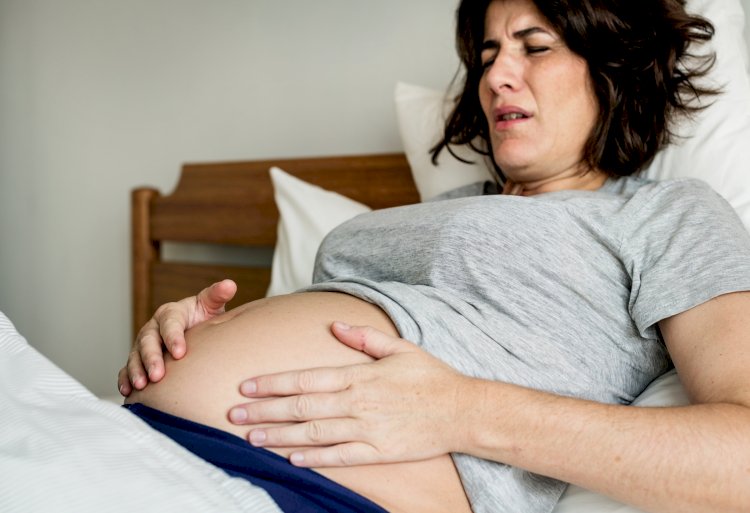
Signs and symptoms of premature labor pains
A Normal or Term Pregnancy last 37 weeks to 42 weeks, In case if Delivery takes place before this period is considered as premature delivery.
Labour is a process which happens at the end of pregnancy. In Labour process, there is contraction (Tightening) of Womb that causes cervix (Opening of the womb) to Open for a normal delivery of a baby.
Preterm or Premature Labour pain generally starts before 37 weeks of pregnancy period.
Premature delivery directly affects the baby growth and developments. Premature labour pain may lead to premature delivery of baby means baby being born too soon as an expected time period.
There is always a chance for every pregnant woman to have premature labour pain but some woman has most chances to have premature labour pain listed below.
- Have had a premature baby before
- carrying twins
- Smoking Habit or Underweight, weakness
- Vaginal Infection or bladder infection
- Have a history of Miscarriage
- Stress or strenuous work
It is not very easy to understand for a woman to tell if she is having premature labour pain. Many of the signs of premature labour can feel the same as some of the normal things that happen in second trimester or third trimester of pregnancy period. There are specific and important signs to notice for if they are new or different from before.
Sign or Symptoms of premature labour pain
- Stomach pain that doesn't go away or continuous
- Bad Cramps
- Lower back pain or feel pressure or change in lower back pain mild to hard
- Baby push feeling and pelvic pressure
- an increase in Vaginal discharge
- Bleeding, Gush of Fluid from the vagina
- Contractions or Change in strength or numbers
In the lease not last a pregnant woman has a feeling of delivery and important body parts like Heart, brain and sense organs starts giving vibration for delivery of a baby.
Premature contractions are slightly different from regular contraction; they last longer and don't go away by changing of body posture and become regular.









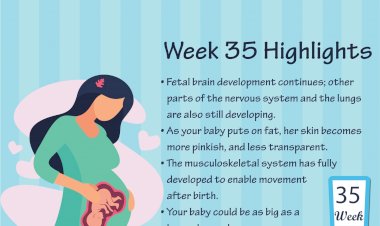
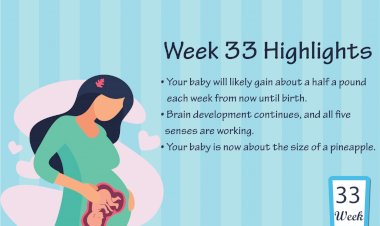
























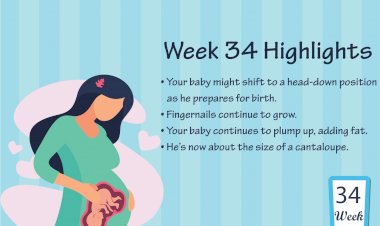



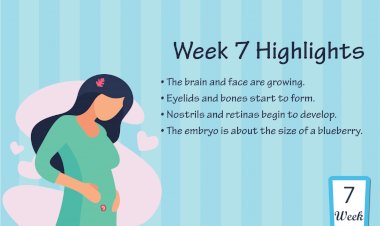
Comments (0)